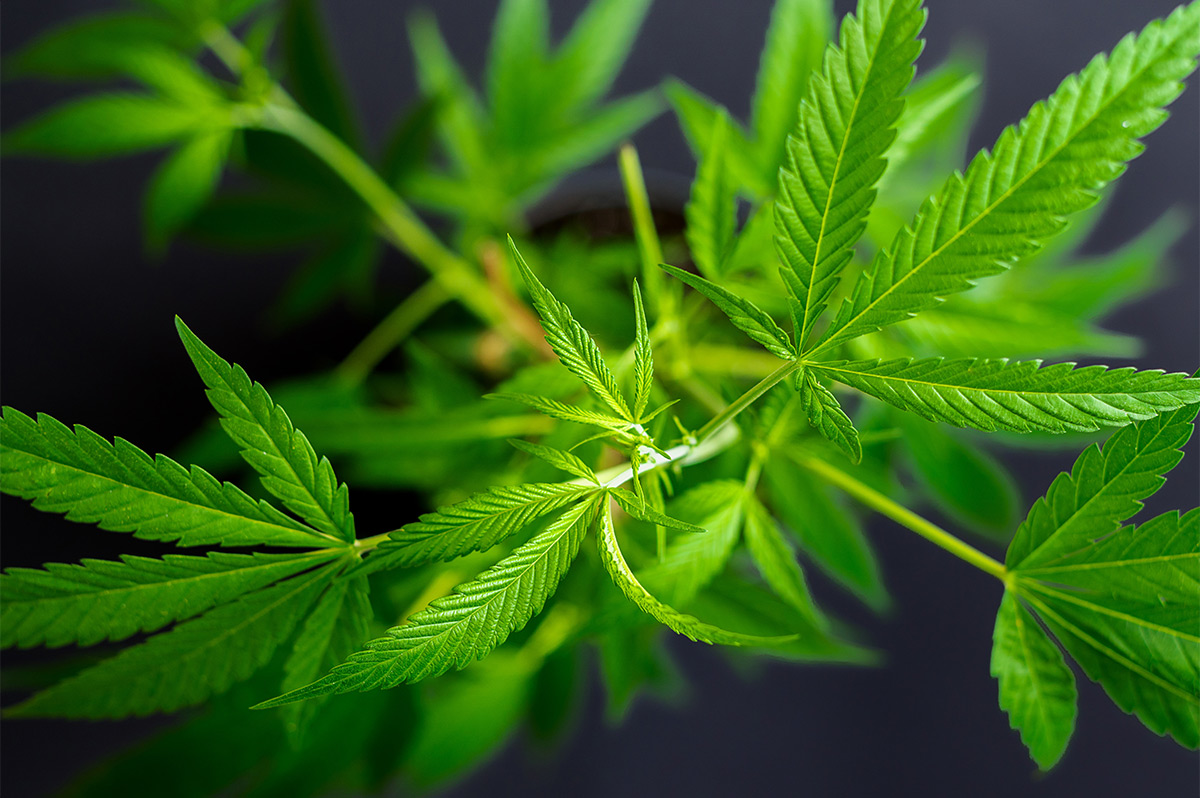A recent decision from the Ninth Circuit tossed two cannabis companies’ challenges to federal tax laws that bar marijuana businesses from taking deductions, because the businesses’ petitions seeking review arrived one day too late.
Marijuana businesses Organic Cannabis and Northern California Small Business Assistants Inc. (“NCSBA”) were originally hit with a nearly $2 million tax bill after being audited by the IRS for tax years 2010 and 2011. The bill stemmed from deductions the companies had taken related to their marijuana operations. In its audit, the IRS ruled that the deductions were improper under § 280E, the federal tax code clause that prevents cannabis companies from taking deductions due to marijuana’s classification as a controlled substance.
Organic Cannabis and NCSBA sought reconsideration of the IRS notice before the U.S. Tax Court, challenging the constitutionality of § 280E. The Tax Court ultimately rejected their petitions, arguing they were untimely. Organic Cannabis and NCSBA appealed and sought review before the 9th Circuit.
In rejecting the companies’ appeal, the 9th Circuit’s ruling turned on a 2015 decision regarding the actions of an assistant for the dispensaries’ attorneys in sending the petitions to the U.S. Tax Court via FedEx. Due to an unspecified obstacle, the FedEx delivery person was not able to deliver the petitions until one day after the deadline.
Ordinarily, the petitions would have still been deemed timely due to the “mailbox rule,” which states documents are considered filed on the day they are sent rather than received. However, the mailbox rule applied only to certain private carriers designated by the IRS and the particular FedEx carrier chosen by the assistant was not on the approved list. To add salt to the wound, the specific FedEx carrier was added to the IRS’ approved carrier list two weeks after the petitions were sent, but the decision did not apply retroactively.
The 9th Circuit ultimately denied Organic Cannabis and NCSBA’s appeal, noting that the belated petitions deprived the Tax Court of jurisdiction.
U.S. Circuit Court Judge Daniel Collins opined that the “unhappy case presents a cautionary tale” for attorneys who do not follow the letter of the law. The 9th Circuit may get take up the issue again soon, however, as another challenge to the constitutionality of § 280E, brought by California dispensary Harborside, is currently pending before the court.
With a practical approach, Chad provides compliance guidance and litigation defense on matters related to cannabis, advertising and marketing, teleservices, and other consumer protection issues.



